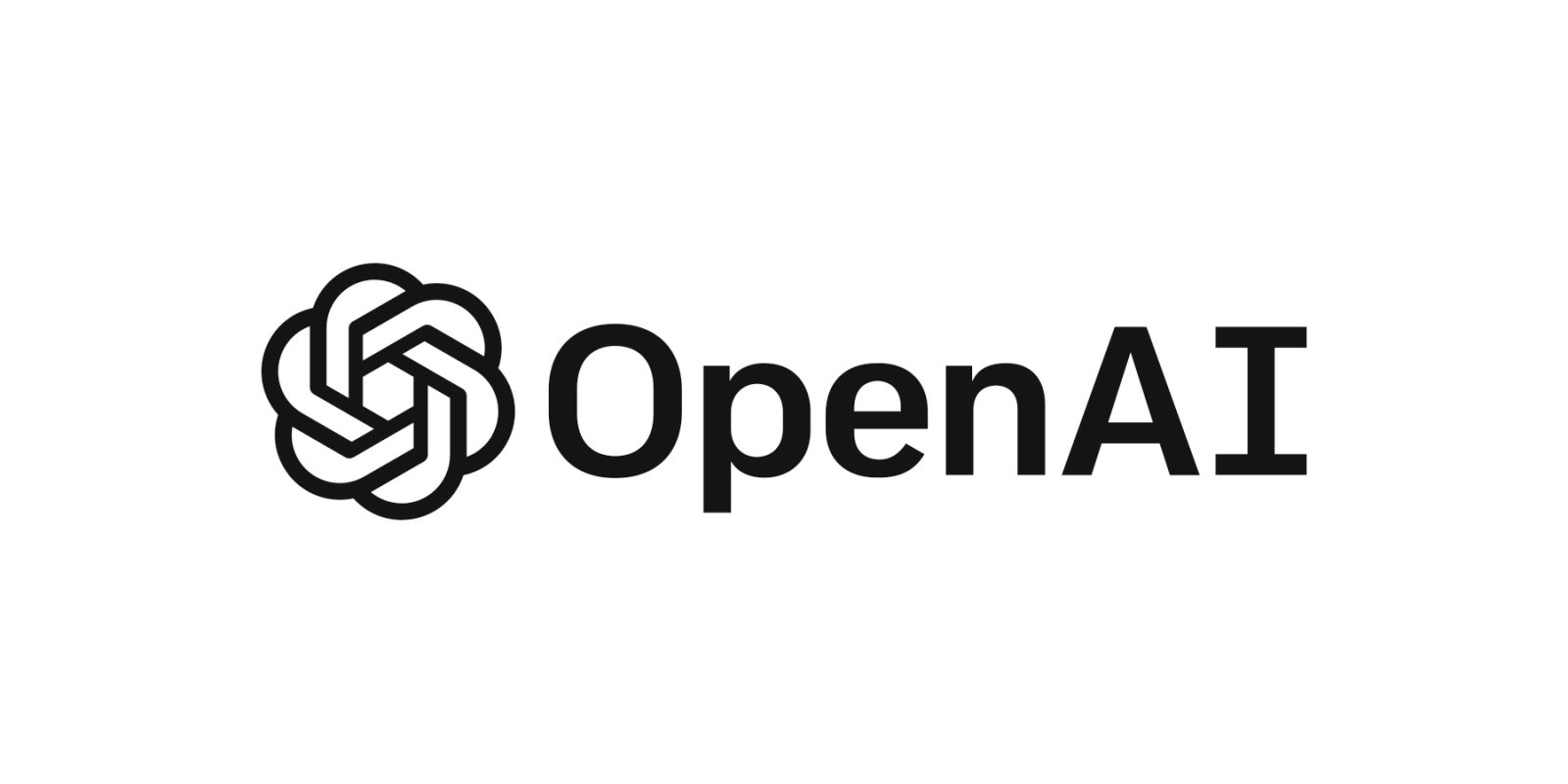
OpenAI is opening the floodgates on what ChatGPT is capable of, with the addition of plugins which allow the chatbot to interact with the internet and various services.
Being launched with a “gradual” rollout starting with a limited set of users, plugins for ChatGPT are poised to greatly expand what the generative AI chatbot is capable of actually doing. In short, plugins will allow ChatGPT to connect to the internet to pull live information, as well as connecting directly to other services.
OpenAI explains:
OpenAI plugins connect ChatGPT to third-party applications. These plugins enable ChatGPT to interact with APIs defined by developers, enhancing ChatGPT’s capabilities and allowing it to perform a wide range of actions.
Plugins will allow ChatGPT to pull real-time information, with examples including stock prices, sports scores, and news, much like Microsoft Bing is capable of. Plugins could also integrate with private data, such as company documents.
The more interesting proposal is the ability for ChatGPT to use plugins to connect to third-party services. One way this is envisioned is with Instacart, with ChatGPT generating a recipe and then ordering the ingredients from Instacart. Greg Brockman, the President and Co-Founder of OpenAI, showed a brief video of this in action on Twitter.
The first plugins for ChatGPT were created by Expedia, FiscalNote, Instacart, KAYAK, Klarna, Milo, OpenTable, Shopify, Slack, Speak, Wolfram, and Zapier, but access is still limited.
More on AI:
- What generative AI in Gmail for Android will look like [Gallery]
- Grammarly adding ChatGPT-like AI to create text in your writing style, outlines, and more
- OpenAI launches GPT-4 with image input and better accuracy, powers new Bing
FTC: We use income earning auto affiliate links. More.



Comments